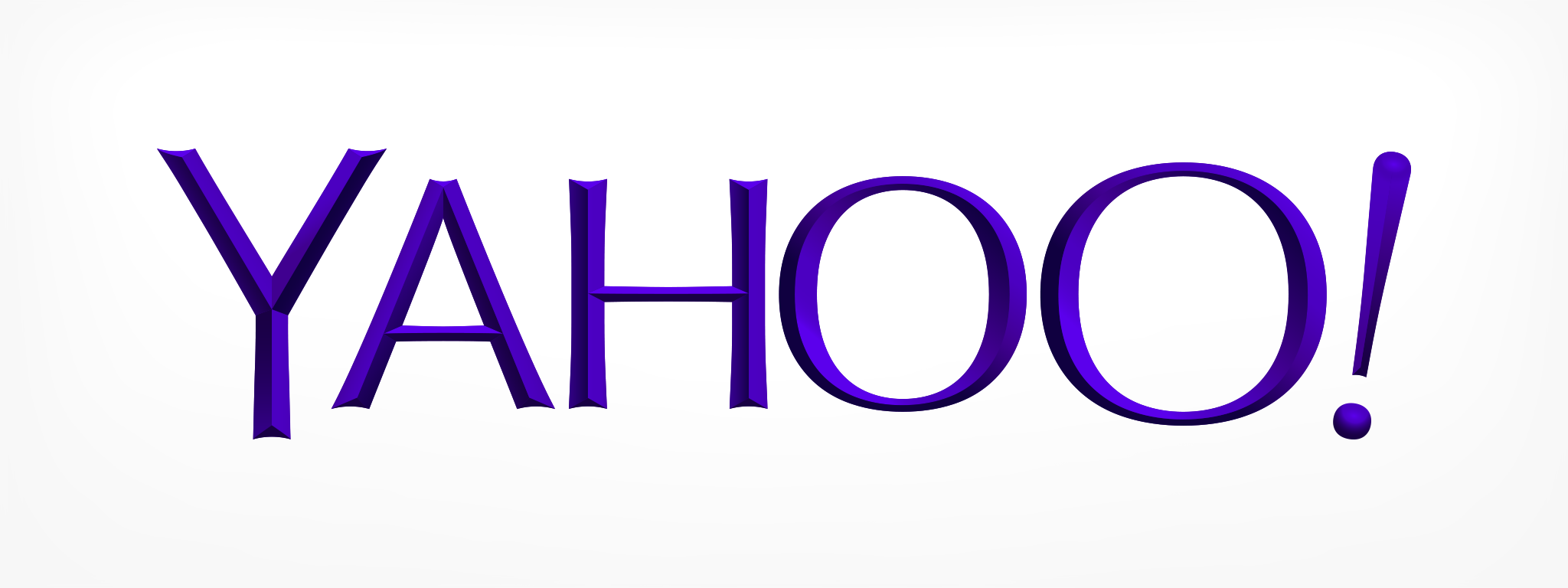Los Angeles
What was the last paper within the realm of computing you read? What did it inspire you to build or tinker with? Come share the ideas in an awesome academic/research publication with fellow engineers, programmers, and paper-readers. Lead a session and show off code that you wrote that implements these ideas or just give us the lowdown about the paper. Otherwise, just come, listen, learn, and discuss.
We’ll be using papers-we-love’s curated repository. Please contribute by adding PR’s for papers, code, and/or links to other repositories.
Papers We Love has a Code of Conduct. Please contact one of the Meetup’s organizers if anyone is not following it. Be good to each other and to the PWL community!
Chapter details
Sign-up: Please RSVP for meetings via Meetup.com
Twitter: @paperswelove_la
Sponsors
Thanks to Yahoo! for hosting this first edition!

